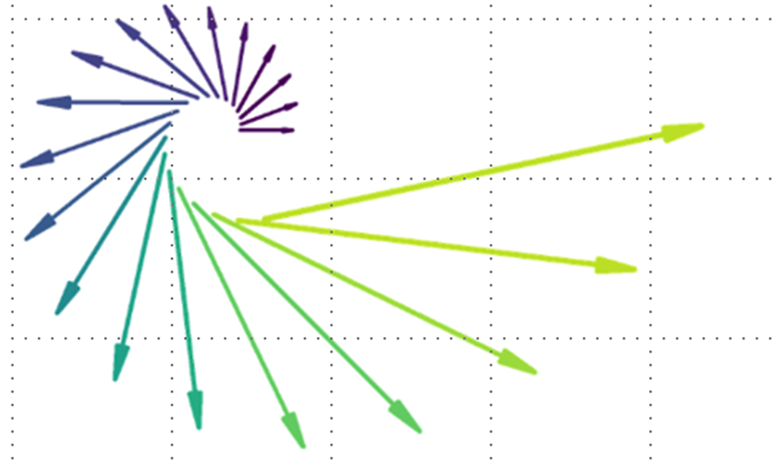
PSD (Prevention of Significant Deterioration)
PSD applies to new major sources of emissions or major modifications at existing sources
for pollutants where the area meets the National Ambient Air Quality Standards (NAAQS)
What is PSD’s purpose related to critical loads?
- to protect public health and welfare
- to protect air quality on protected public lands (class 1 areas)
- PSD does not prevent sources from increasing emissions
- non-CL related PSD objectives
What are the steps for using CLs to determine adverse impacts
on AQRVs (Air Quality Related Values) in class 1 areas?
First screening step: Is Q/D ≥ 10? ⓘ,
if yes, the next steps in the analysis are:
- What AQRVs are in your area?
- Which of these AQRV have a CL?
- Does the current deposition exceed the CL?
- If so, by how much?
- Is the current deposition increasing or decreasing?
Access the relevant websites and a step-by-step guide for using each website.
WHAT IS THE PSD PROCESS | provides an overview of the PSD process |
WHAT IS THE DAT? | explains what the DAT is, the process followed in evaluating the DAT and the AQRV to assess whether there may be adverse impacts |
IDENTIFY AQRV | a list of what the AQRV is for all FS wilderness areas |
WHAT IS THE CL FOR THE AQRV? | could create a list of CLs for all of the AQRVs used (above), as will be done for NPS in FLAG revision… |
WHAT IS DEPOSITION? | the range of deposition reported at the site |
IS DEPOSITION INCREASING OR DECREASING?” |
the trend in deposition over time |
WHAT IS THE EXCEEDANCE? | the range in exceedance at the site |
WHERE ARE CL EXCEEDANCES? | maps showing exceedance and how it varies across the site |
